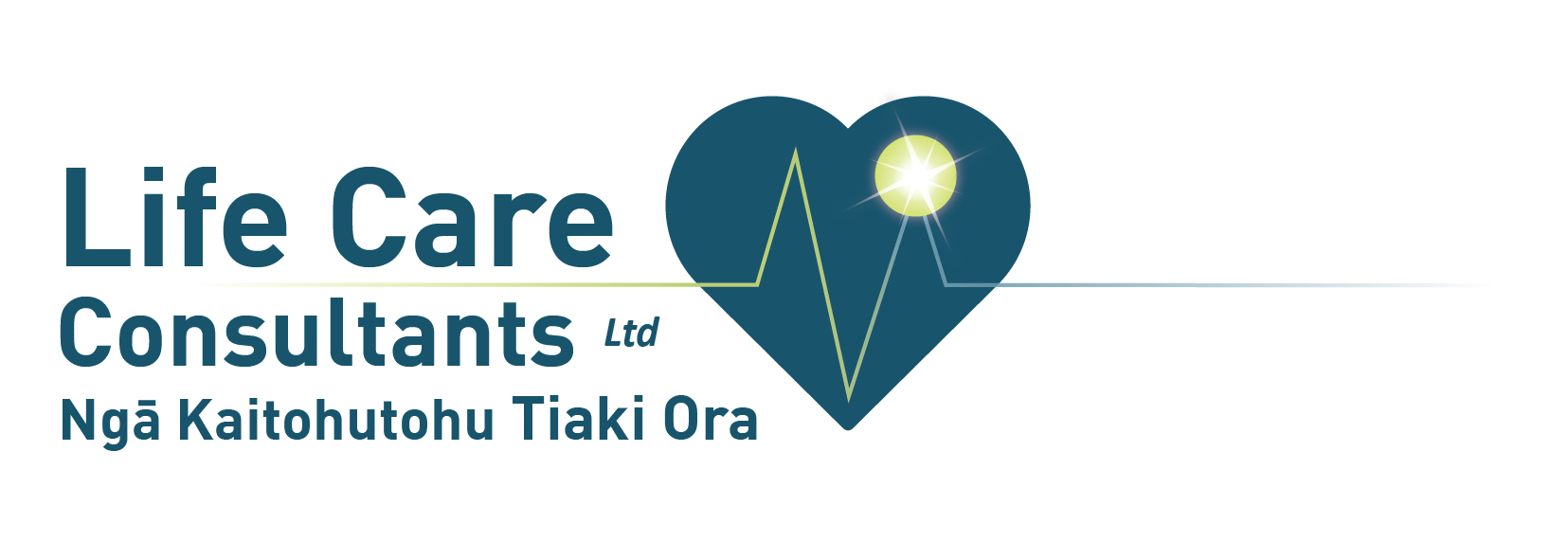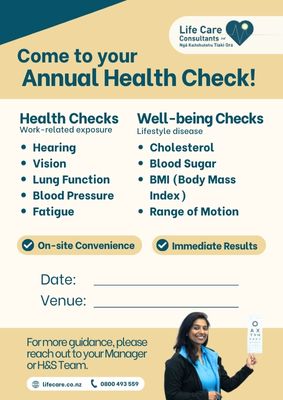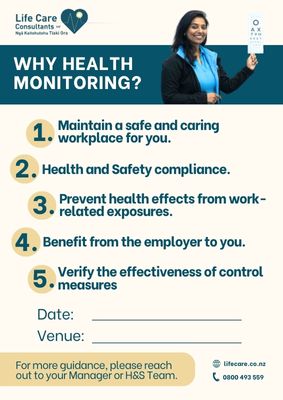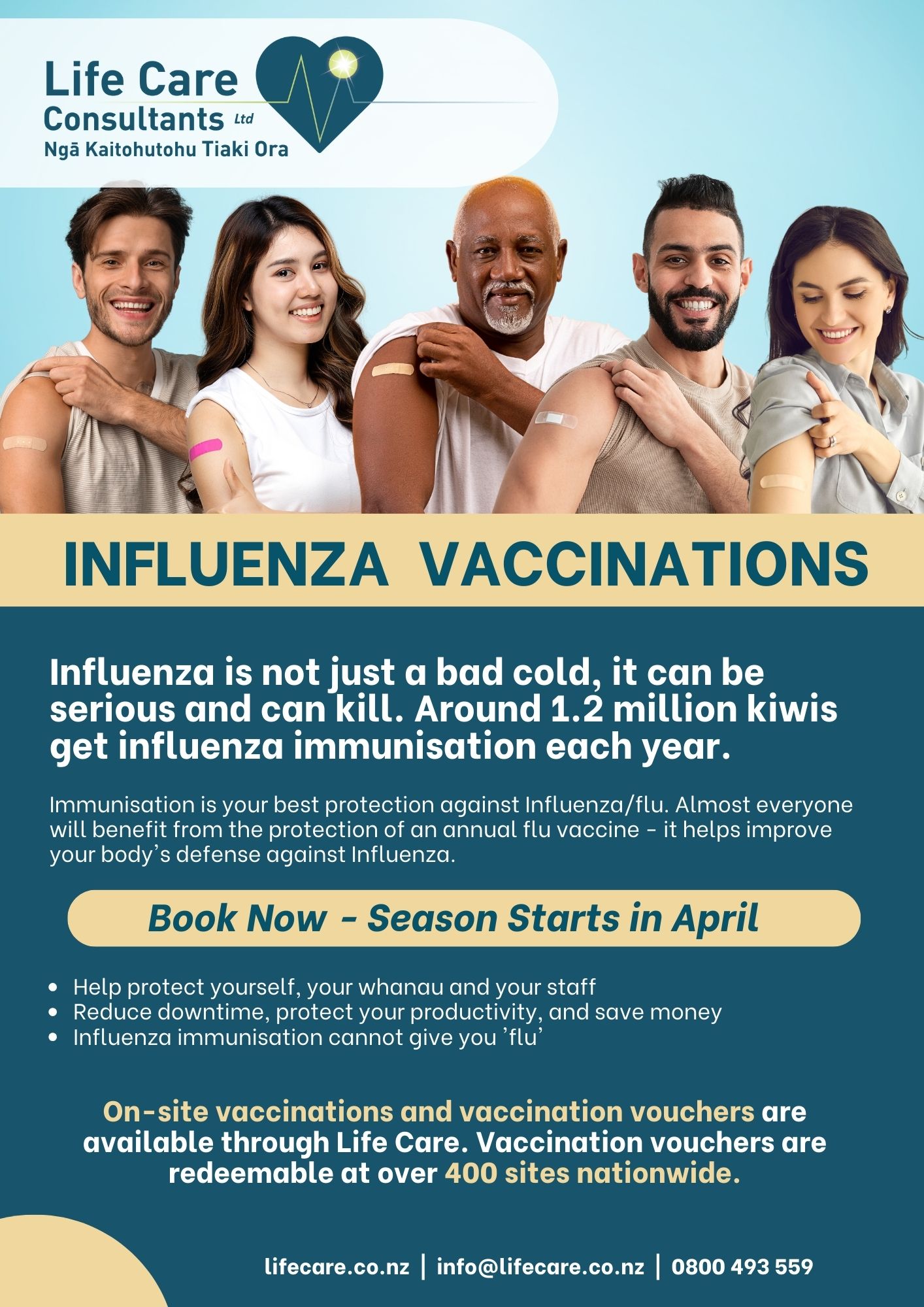BROCHURES & ANNUAL HEALTH CHECK FAQS
Annual Health Checks FAQ’s
What is health monitoring?
Health screening is a snapshot of your health at the moment, it is not a diagnostic test. The screening checks and asessments conducted give an indication if you are at risk of developing a health condition like diabetes, or if you have safety critical readings, which might indicate you have an undiagnosed condition.
For example:
- Carrying out hearing screening to check for hearing loss from being exposed to excessive noise.
- Lung function screening to check for any loss of function from inhalation of hazardous dusts, fumes, or chemicals.
- Fatigue screening, vision screening and checking blood pressure to assess if an individual is safe to themselves and others to drive or operate machinery.
- Checking blood glucose, cholesterol, and BMI to support your wellness.
Why do I need to get a health check? Is it compulsory?
Every business has a duty of care under current legislation to ensure the health and well-being of their workers are not negatively impacted by their work. If you are exposed to work-related health hazards like excessive noise and dust or if you carry out roles like operating heavy machinery your employer has a duty to monitor your health.
If you have any questions or concerns about participating in the health monitoring programme, talk with your Manager, who will address your concerns and discuss a plan of action appropriate to you.
What health checks will I need to undertake?
The health checks you may need to undertake based on your role include hearing, vision, lung function, blood pressure, and fatigue screening. Wellness checks you may be offered include cholesterol, BMI (body mass index), and blood glucose.
How often does health monitoring happen?
Health monitoring is conducted usually once a year, giving you the opportunity to track your health.
Who will carry out the Health Monitoring?
This is conducted by qualified and trained health practitioners with experience in workplace health, such as Occupational Health Consultants.
How long does it take?
The health checks your employer chooses will determine the time it takes to be assessed. One health check takes 15 mins and a full health screening is 45-60 minutes. You will be asked questions about your health during the appointment so the Health Consultant can accurately complete the screening.
Will I get any results?
Yes, a written copy of your results is provided to you on a wallet card at the time of screening for you to take away. The Health Consultant will discuss your results with you, answer your questions, and offer education and guidance as needed.
Will my employer see my results?
Your employer will not see your actual results, except for audiometry results, which is required to identify whether your hearing is being damaged from work-related activities.
Your employer receives access to a summary report, which identifies whether the results are within normal range, outside normal range, or safety critical. This helps identify where improvements can be made to protect staff against workplace-related health risks and support your ongoing health.
Do I need to bring anything with me?
If you wear glasses or hearing aids, please wear them as you would normally and bring them with you. If you are having respirator fit testing done, please bring your mask with you and it is preferable you are clean-shaven. Our Health Consultant will direct you on whether to wear your accessories and/or PPE during the screening assessment.
I just had coffee/food or a cigarette; will this affect my results?
Recent caffeine, sugar, and nicotine affects your results therefore it’s best to avoid these 20 minutes before your appointment.
What happens if I have an outside normal range result?
You will be referred to your GP, audiologist or the appropriate health practitioner, relevant to your results, for further investigation and
diagnosis. You can then choose to make an appointment in your own time.
I saw my GP recently, will you still write a referral letter if my results are outside normal range?
While we understand and respect you may be under the supervision of your GP for any condition, it is Life Care policy to refer anyone who has an outside normal range result to their GP or relevant health practitioner.
What does safety critical reading mean?
Safety critical is a term used to highlight a result that is significantly outside the normal range and may pose an immediate risk to your health, others, or the public i.e. extremely high blood pressure or, a suspected heart attack for an employee who drives vehicles or carries out heavy lifting.
This is also an indication you may have an unmanaged condition, which can be detrimental to your overall health and ability to function properly at work and home.
In the case of safety-critical readings, we may, with discretion, contact your manager and Emergency Medical Services immediately in the event you need to be admitted to the hospital. This is for your own well-being and has saved lives in the past!
What is fatigue screening?
Fatigue is the feeling of being very tired even after you have rested or slept. It is an ongoing state of physical exhaustion.
Fatigue can affect a person’s ability to work safely and effectively, which can result in near misses or actual accidents and therefore needs to be identified and managed appropriately.
Life Care Fatigue screening assesses your level of fatigue and your ability to recover from it to safely return to your workplace. The questions are designed to assess the impact of fatigue on your mental and physical wellbeing.





Service Posters and/or Flyers from Life Care Consultants available to download